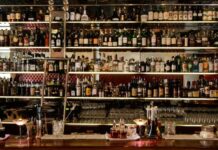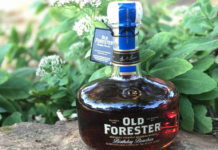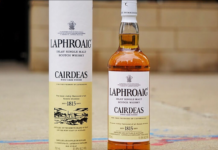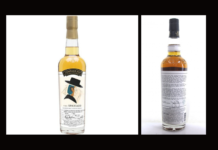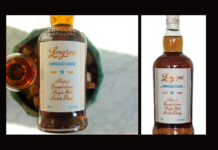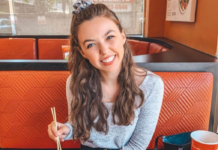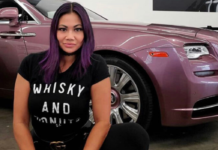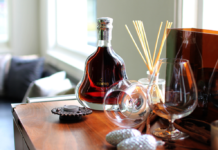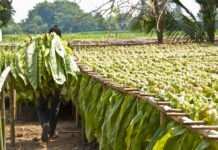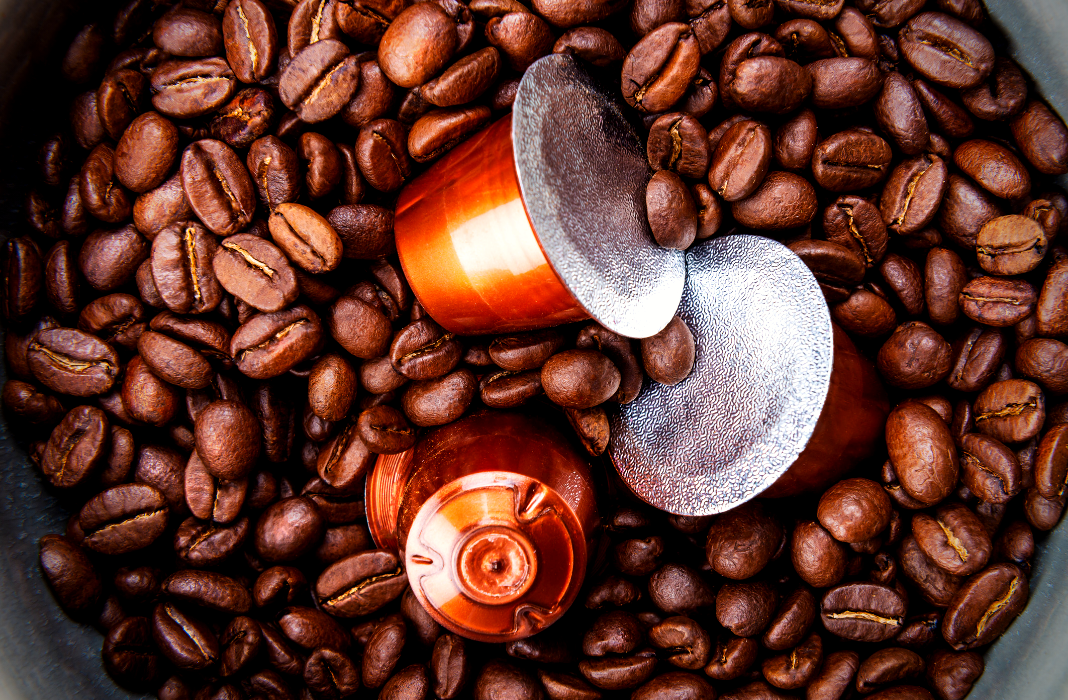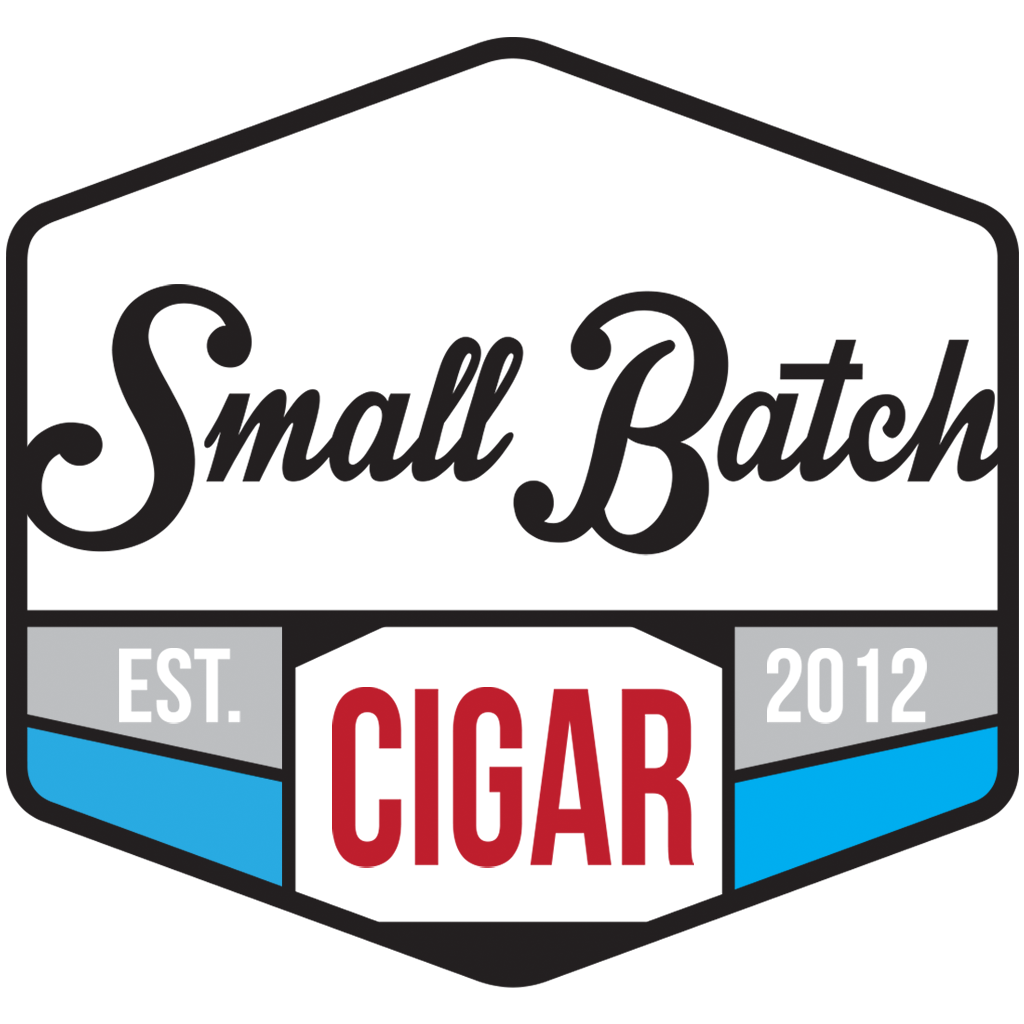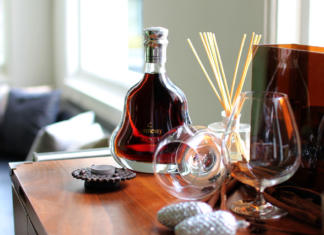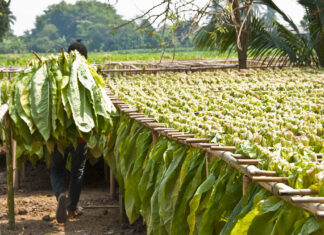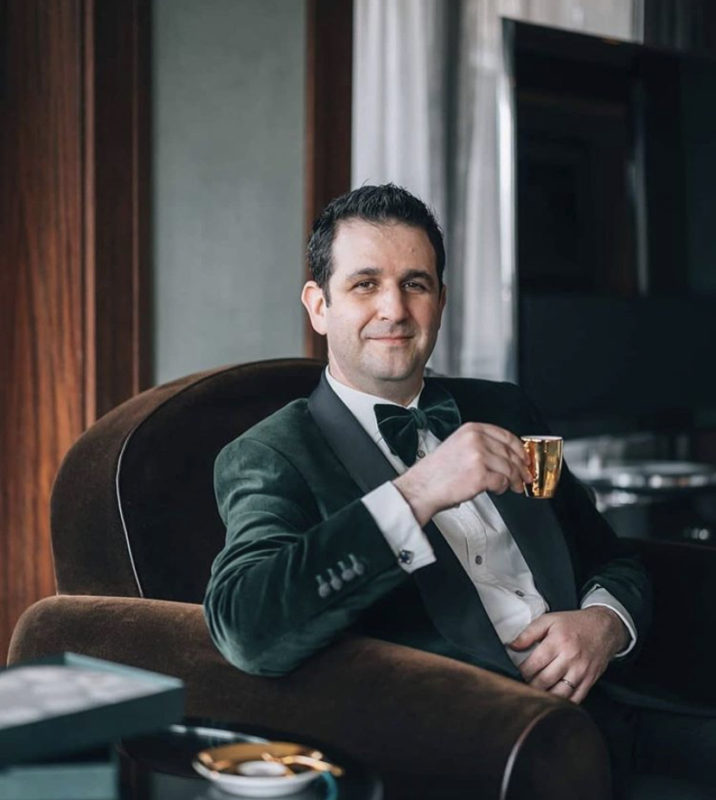 Amir please tell us a little about yourself. What was your vision for Difference Coffee.. and would you say today it’s as you imagined it?
Amir please tell us a little about yourself. What was your vision for Difference Coffee.. and would you say today it’s as you imagined it?
A: I’m a foodie at heart. I love tasty things. Be it good food, wine, even cigars. Holiday wise, they are always based around restaurants, not museums, so my affair with coffee started from me being inquisitive about coffee quality. I remember buying my first nespresso machine and thinking to myself: “Is that all there is to coffee? surely there must be better coffees out there”. I experimented with some Kona coffee which I bought at Harrods, which tasted significantly better than anything I’ve had thus far, so that really inspired me to create Difference Coffee. My singular aim is to identify micro lots with exceptionally high scores (SCA Arabica scores) and to make them available to foodies like myself. My vision is a world in which every coffee brewed in a michelin restaurant, a top hotel, or a foodie’s kitchen is of Specialty Arabica grade. I may never achieve it, but I’ll die trying.
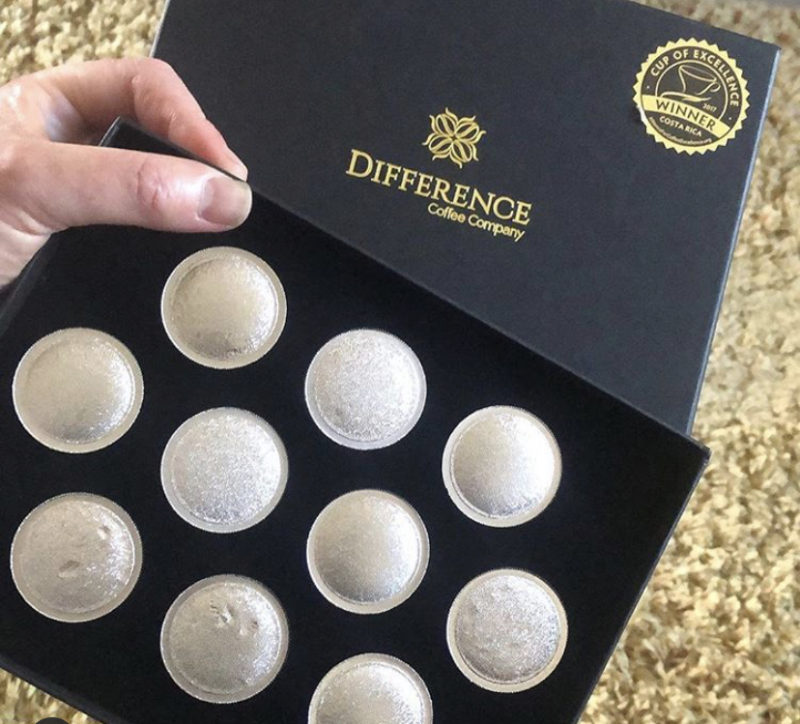 Amir many people think all coffee is created equally, but to the true connoisseurs each coffee has a story. When someone orders a box of your coffee what are they actually getting?
Amir many people think all coffee is created equally, but to the true connoisseurs each coffee has a story. When someone orders a box of your coffee what are they actually getting?
A: Coffee is not different to any other crop which growns on a farm. In the same way as there’s different qualities of grapes used in making wine, or qualities of tobacco leaves used in rolling cigars, so too there are different grades of coffee. If we look at the market as a whole, we see a split of 30% Robusta to 70% Arabica cultivated. Most people know Arabica to be superior to Robusta which is true most of the time, but within Arabica there’s a further grading which those outside the industry rarely know of. The grading system for Arabica, however, is fairly simple. It is a 100 point system, similar to Robert Parker’s system in wine, which is used by those in the industry to classify the grade of coffee when purchasing them. Coffees that score less than 80 points, which account for 99% of total crop, is traded as a commodity, whereas those that score 80+ are usually bought directly from the estate and are not mixed with the rest of the crop. These coffees are, therefore, of Specialty Arabica grade and it’s these coffees that we are interested in.
What Difference Coffee specialises in is seeking our coffees from legendary estates, competition champions and rare varietals, basically the rarest and highest point scoring coffees. So when someone orders a box of our coffee, they are getting beans from a farm which excels in cultivating that particular coffee variety. Take for example the Kona variety that grows in Kona, Hawaii as an example. Our coffee is always sourced from the Competition champion of the annual Kona Cupping Competition. In this sense, our clients are buying the absolute best that has grown in that particular region.
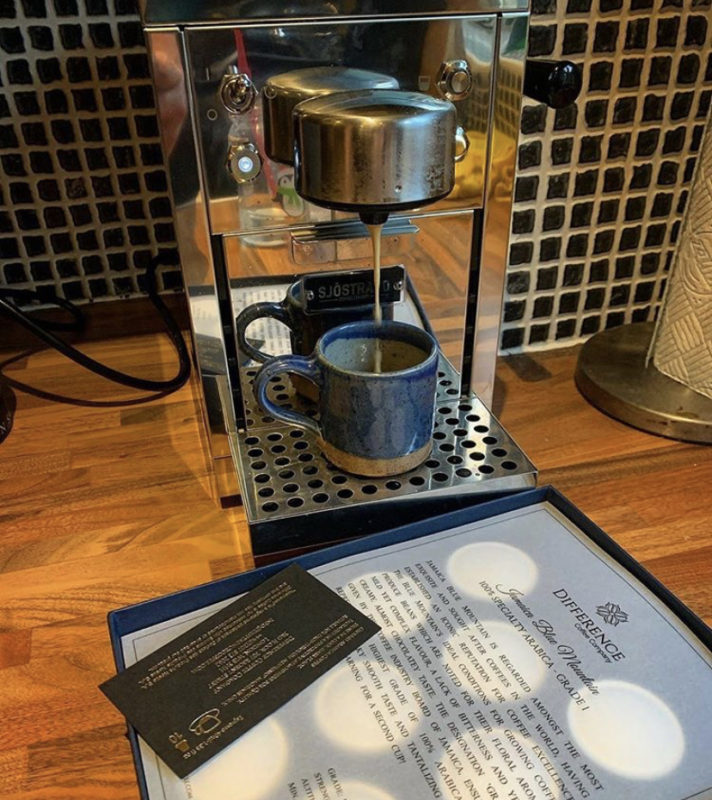 What are the most pressing issues facing specialty coffee today? How are you sourcing your coffee?
What are the most pressing issues facing specialty coffee today? How are you sourcing your coffee?
A: By far the biggest issue facing coffee today is the low price of commodity coffee. Did you know that in many countries, the cost of production by far exceeds the market value for coffee? The problem is that farmers cannot simply close shop when times are bad as it takes years to grow coffee, so many have had to sell their crop at a loss. The big brands which are buying these coffees are marketing them as Quality Coffee, so the general consumer has no idea that Specialty coffee even exists in the first place. It’s been relegated to an artisan niche rather than to a quality which we could all enjoy and which would result in farmers getting paid significant premiums for their coffees.
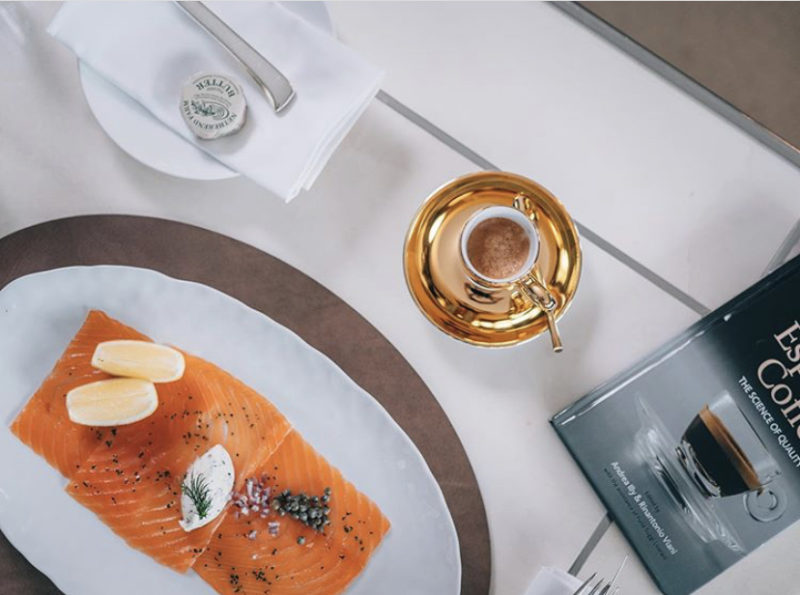 What do you see as the greatest opportunities for specialty coffee today?
What do you see as the greatest opportunities for specialty coffee today?
A: In my opinion it’s all about awareness. Who in his right mind wouldn’t care to send a few dollars extra per lb had they known that they would be getting a far superior tasting product? There is a tremendous appetite for people to drink tastier, so I think it’s a massive untapped opportunity for anyone who is knowledgeable about coffee.
How do you see specialty coffee evolving over the next 1 year, 3 years and 5 years?
A: I believe it will grow. We see it growing around the world is many hospitality locations and they’re normally set the scene for what is to come. If you look at the younger demographic, they seem to be flocking to specialty coffee shops and less to the big chains and so their palate would be used to a tastier drink.
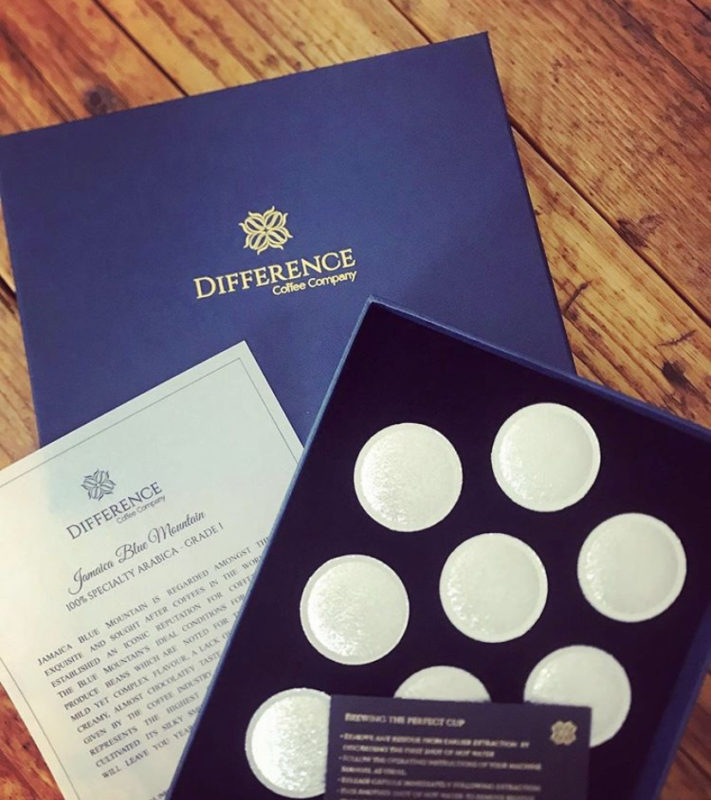 How are you using Social Media to grow your brand?
How are you using Social Media to grow your brand?
A: Everything that we do is in-house and organic. We don’t advertise yet and we are growing it slowly day by day. We believe that growing a brand is a marathon not a sprint and we are glad to see more and more people discovering us and buying from us.
Amir when you’re not thinking about coffee, what are you up to? What are your other hobbies and passions as well as interests?
A: I’m a wine collector, I enjoy reading, cooking, and listening to music. I used to play a lot of sports growing up but I barely have time now that I’m a family man and an entrepreneur.
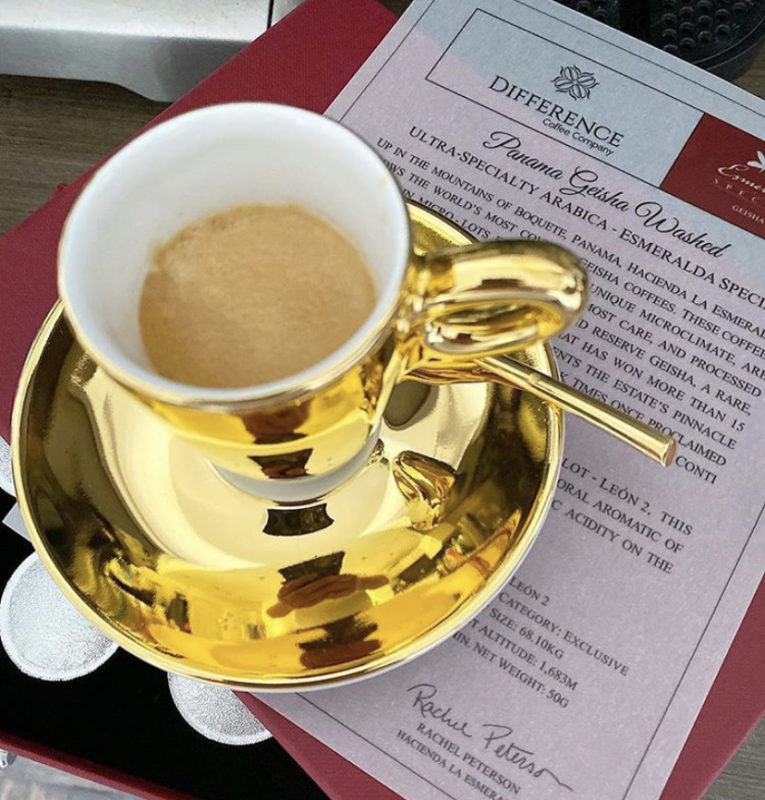 If someone wants to get your coffee and they are in the United States can they order to have it shipped here? Do they need any special machine to enjoy it?
If someone wants to get your coffee and they are in the United States can they order to have it shipped here? Do they need any special machine to enjoy it?
A: We ship worldwide using DHL Worldwide Express so it usually takes days for the coffee to be received. We currently sell them only in Nespresso compatible capsules which is the most widely available format in Europe, though I suspect it’s quite big in the USA too. I would say that 30% of our clients are in the USA.
Okay Amir, anything else you’d like to share with our readers?
A: I’m all good but if anyone has any questions for me, please come to our website and drop me a message on the text widget. I reply to everyone myself.

